Apple tries to make the transition to an older version of the iOS operating system as unpleasant as possible for users, as it practically blocks the entire process. If you are among the fans of the apple company and often browse Apple magazines or discussion forums, you have probably already noticed news that Apple has stopped signing a certain version of its iOS operating system. This specifically means that the given version simply cannot be installed in any way, or it is no longer possible to return to it.
It could be interest you
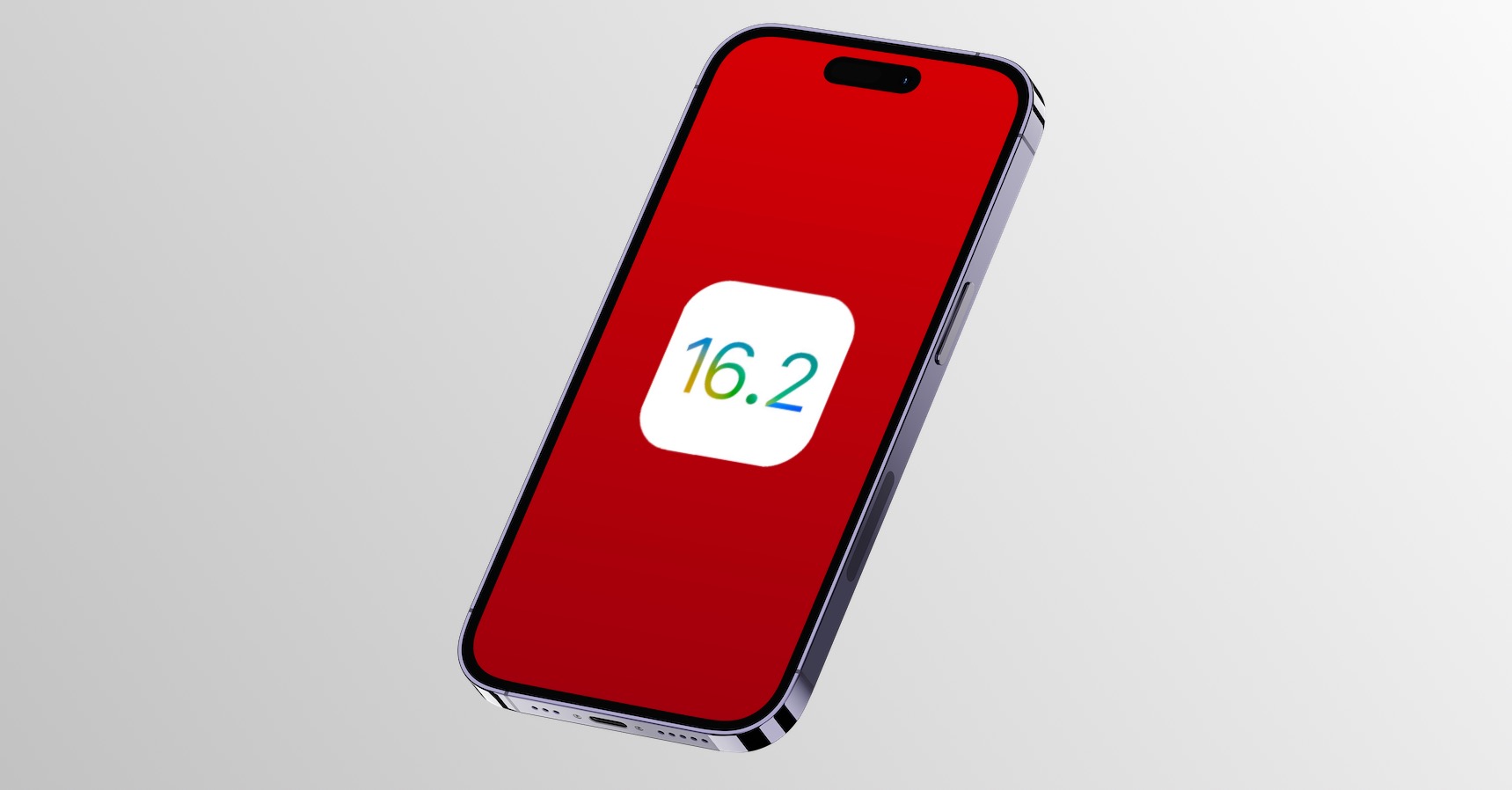
In this regard, the giant expects practically nothing. Usually, two weeks after the latest update is released, it stops signing the last previous version. Because of this, most of the time there is only one version of iOS available, forcing Apple users to upgrade to a newer system. Of course, the alternative is not to update the device at all. However, if the update were to happen and you would like to go back, preferably by several versions - in the vast majority of cases, you will not be successful. If you decided to switch from iOS 16 to the once popular version of iOS 12 now, then you are simply out of luck. Why is that?
Maximum emphasis on security
This whole situation has a relatively simple explanation. We could very briefly summarize it as Apple is acting in the interest of maximum security for its users. But let's develop it a little. As you probably know, updates are extremely important from a security point of view, as they often bring with them fixes for various bugs and security holes. After all, this is the primary reason why it is recommended to use the latest available version for practically all devices – be it iPhone with iOS, MacBook with macOS, PC with Windows or Samsung with Android.
On the contrary, older versions of operating systems are a security risk in their own way. The operating system is a huge project, where it is practically impossible that there is not even a single loophole in it that could be exploited for unfair practices. The fundamental problem then lies in the fact that such cracks are often known about in the case of older systems, which makes it easier to focus on them and possibly attack the given device. Apple therefore solves it in its own way. Older versions of iOS simply stop signing very soon, which is why Apple users can't go back to older versions.
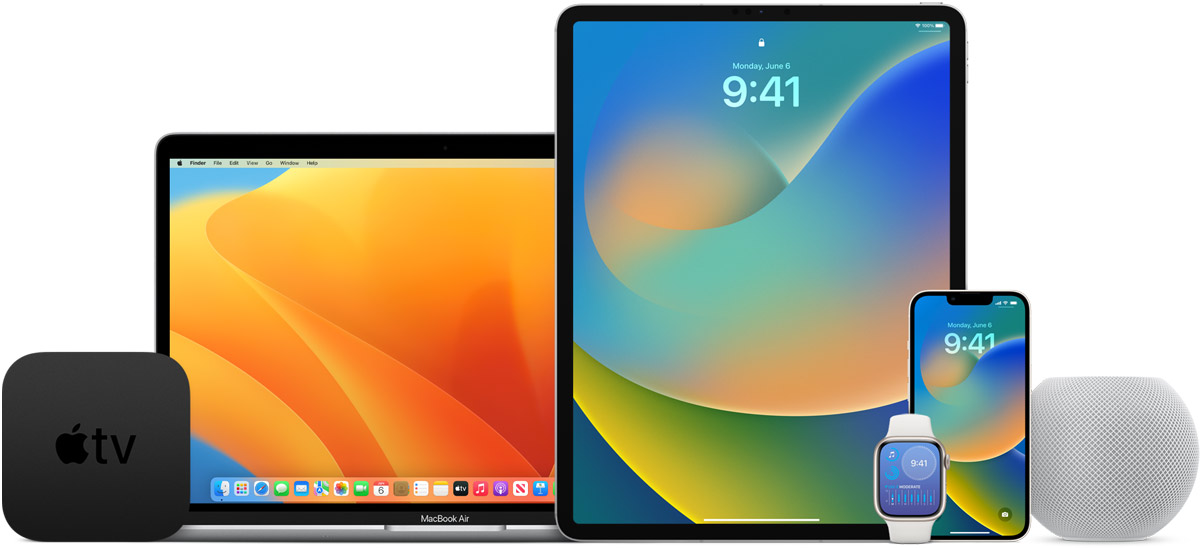
On the face of it, it should be in everyone's best interest to always use a device with the latest version of the relevant operating system. Unfortunately, reality differs significantly from this "textbook" idea in many ways. Users often do not rush into updates, unless it is a newly released operating system that brings long-awaited news. Therefore, it is appropriate to at least ensure that it is not possible to return between additional systems, which Apple solved in a rather vigorous way. Does it bother you that the Cupertino giant stops signing older versions of iOS, making it impossible to downgrade the device, or does it not even matter in the end?
It could be interest you
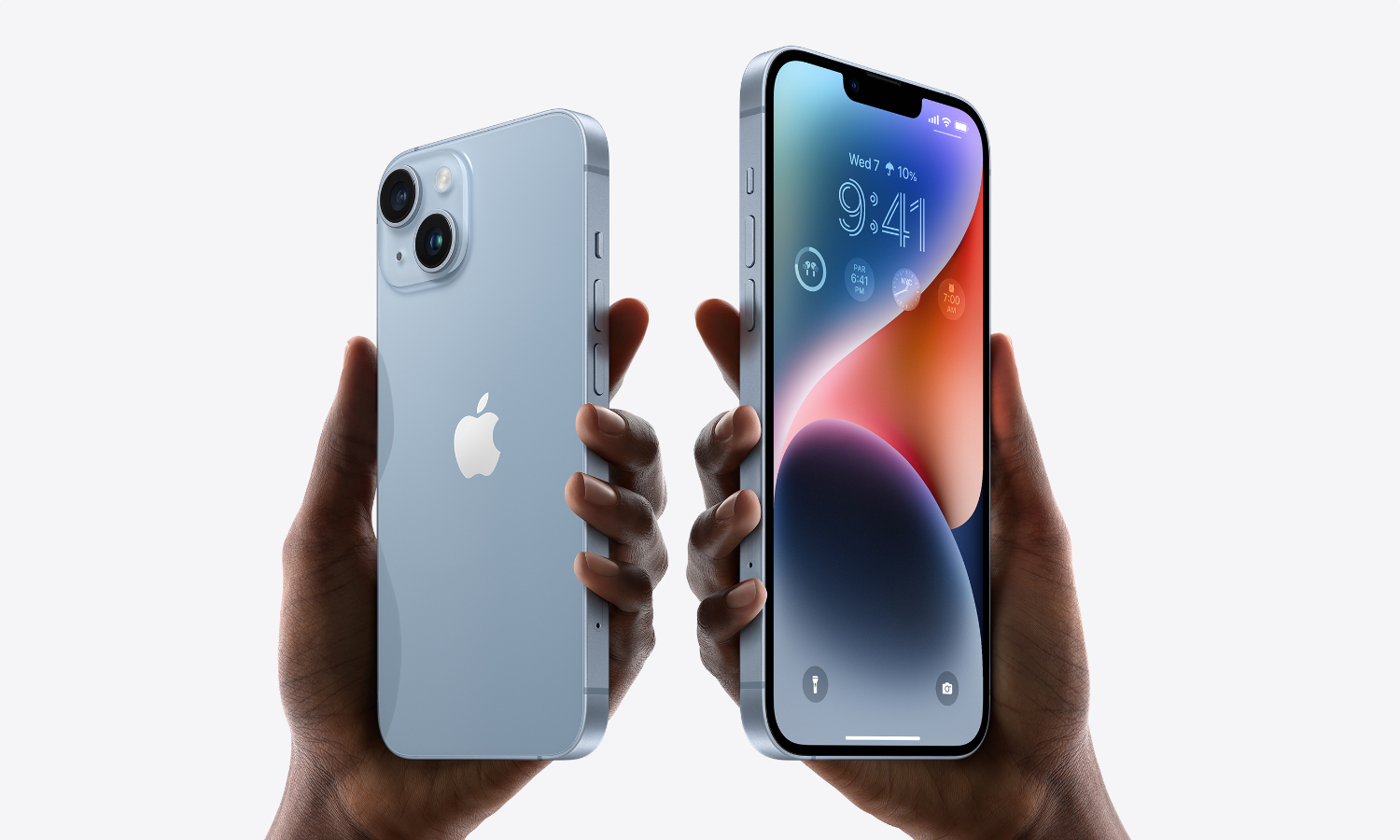
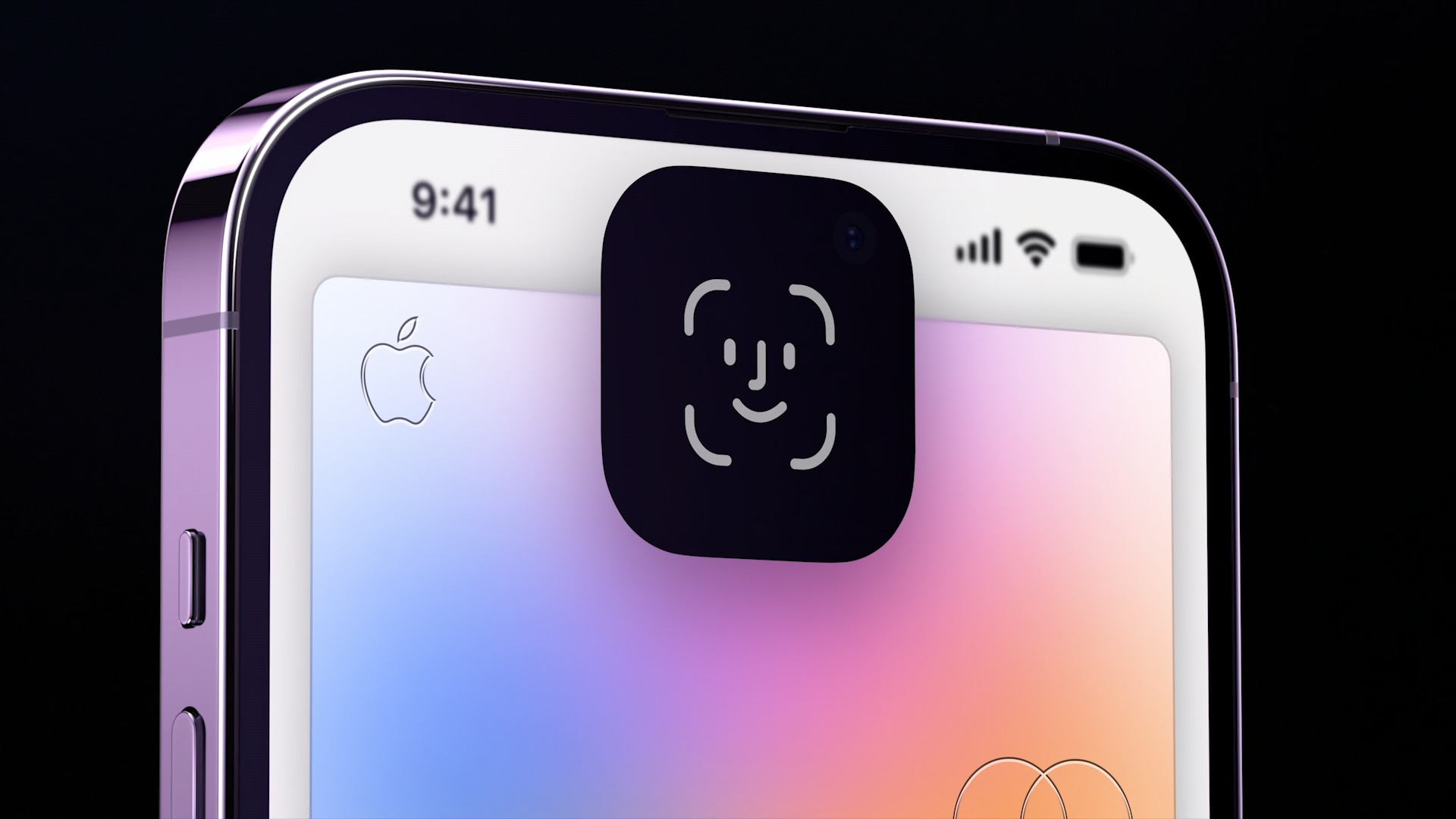
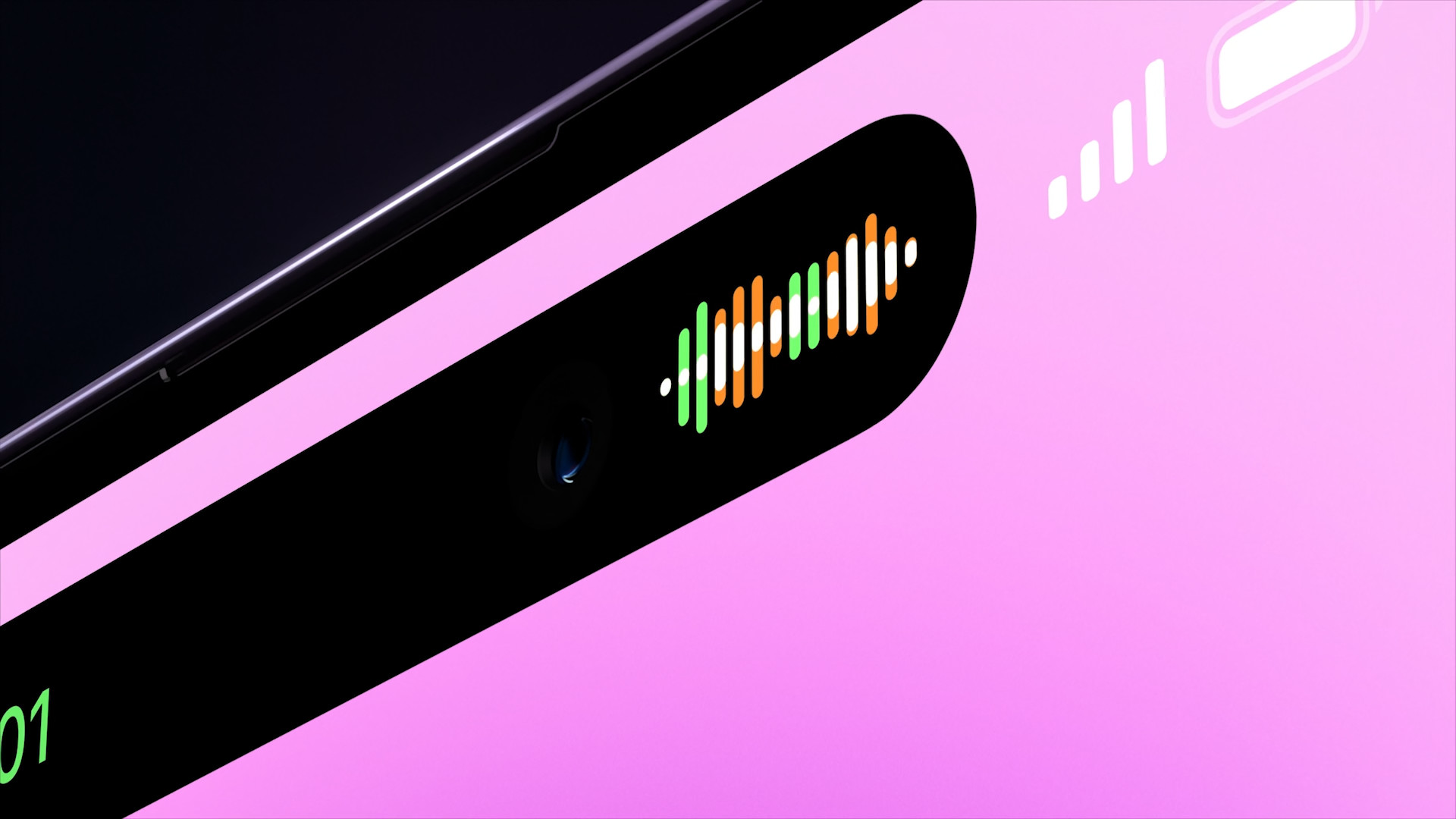

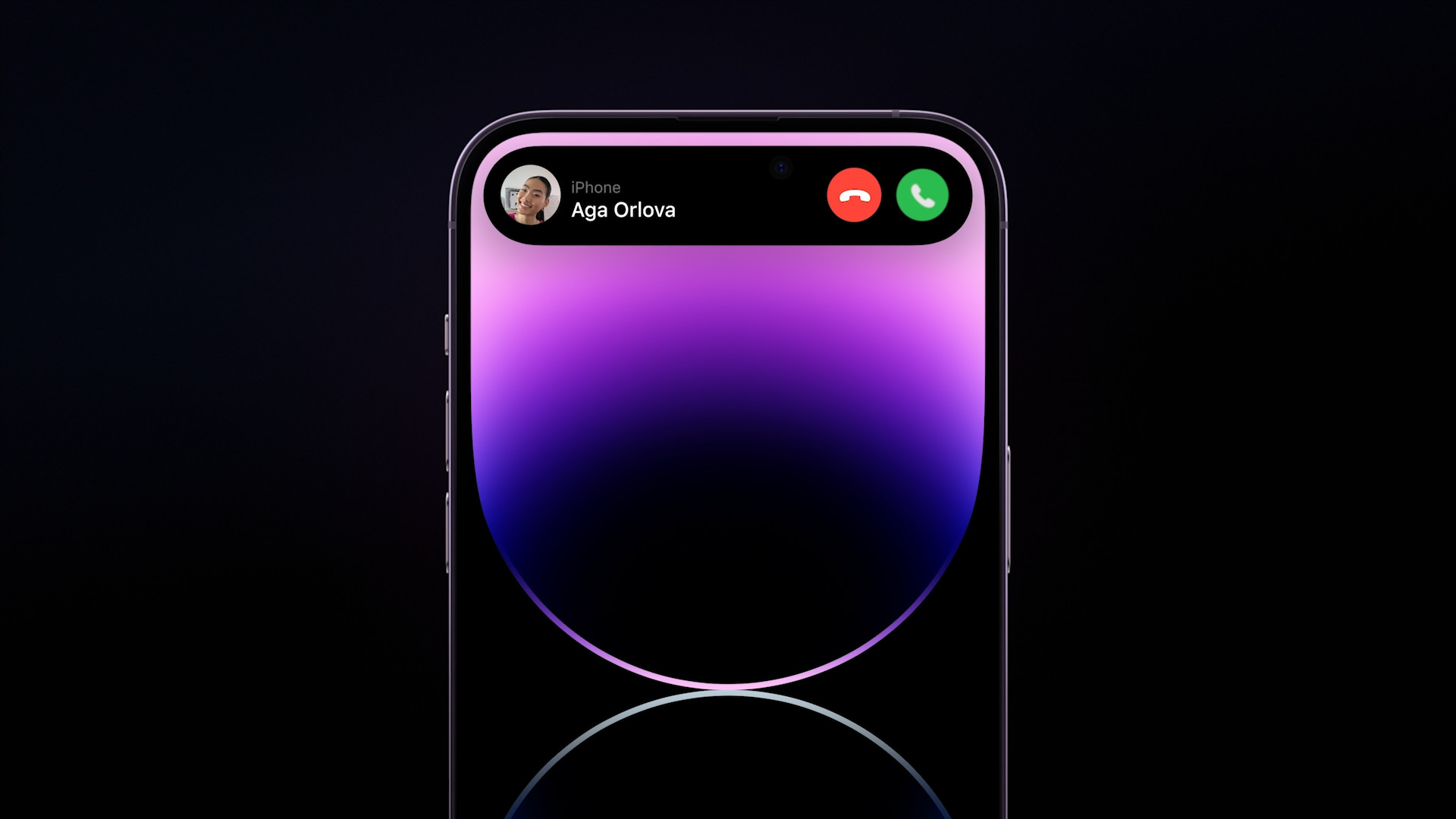
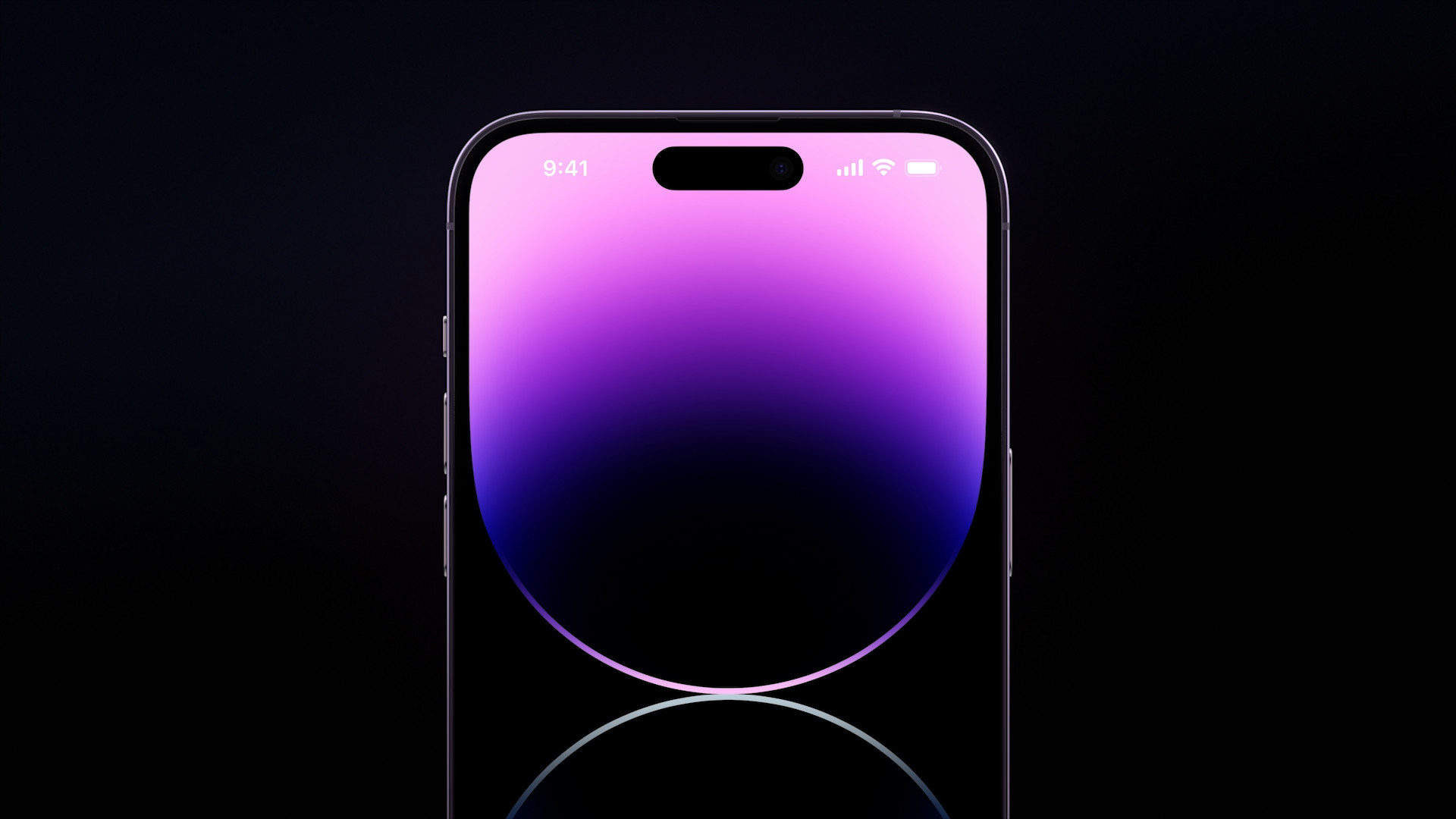
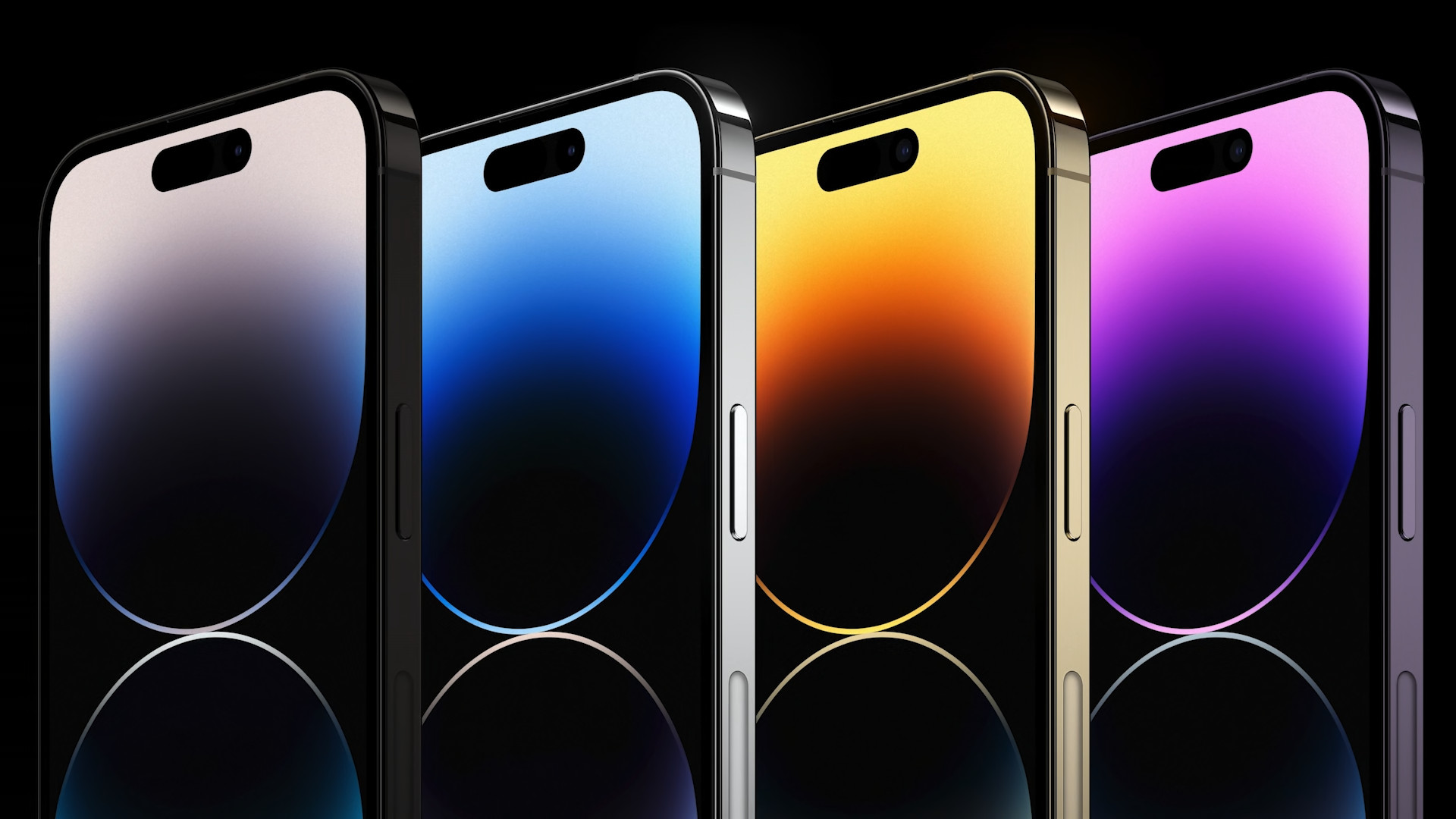



Although the premise that Apple really stops signing old firmware is correct, it doesn't mean that users can't install an older version... How would you explain to me that my 15.4 iPhone allows me to update to 15.7, which Apple no longer signs?
Of course, with preparation, the user is able to install even a lower version than the one he is currently on...
Mr. Holub, if you want to write about technical topics, you should have studied at a proper school, rather than economics...
Some smart guy again.
Hello, to the first thing about iPhone allowing you to update from iOS 15.4 to iOS 15.7. If it really isn't iOS 15.7.1 that Apple is signing, then it will be a bug - I'd recommend trying to delete the downloaded update and look for it again. iOS 15.7 is not signed. If you have an iPhone with iOS 16 support, you do not need to update it from this year, it is not an obligation, so you can stay on iOS 15. The system thus offers you either an update to iOS 15.7.1 or an upgrade to iOS 16.
As for the second paragraph, regarding the preparation and installation of a lower version, of course you can downgrade, but officially only to the system that is signed. And if you come across a procedure using SHSH Blobs, do you actually know anyone who would do such a thing? This path of unofficial and unsupported downgrade to an unsigned system is the most likely to be taken by jailbreak supporters who may have updated by mistake and there is no jailbreak available for the new iOS version, or other similar "more proficient" users. An ordinary user will not struggle with anything like this in life, because he has no reason to.
So OFFICIALLY nothing like downgrading to an unsigned version of iOS can be done. We don't need our magazine to encourage readers to do something that shouldn't be done, it doesn't make sense. On top of that, there's the risk that anything will go wrong, and then there will be a whirlwind here in the comments about how we destroyed someone's iPhone. If you or anyone else routinely downgrades to an unsigned version of iOS for some reason, feel free to do so. But to claim that every user is able to install an unsigned version of iOS is a bit out of line. I don't think my parents would have been able to do it even with some guidance.
So, Mr. Adam, before you start recommending to our editor which school he should study, first try to think about what comment you will write in the discussion of a public article on a public medium. And I really wonder what school they go to to downgrade to an unsigned version of iOS.
Thanks and good luck.
Adam, is that you? https://media.tenor.com/cIx3TwnGuvQAAAAC/retard-drooling.gif